Five celebrities who fell from grace because of their anti-LGBTQ+ views

These celebrities’ anti-LGBTQ+ views have seen them lose fans. (Getty Images)
We’ve seen enough celebrities fall from grace over their anti-LGBTQ+ views to know that it’s well past time that famous people started deferring to their publicists on queer issues.
There was a time when expressing homophobic views was common for celebrities. In the 60s, 70s and 80s, it happened with such frequency that LGBTQ+ people of the day probably felt there were very few public figures they could truly trust.
Nowadays, it has become a little less socially acceptable for celebrities to express those sorts of views. Most know they risk losing fans, which translates to losing income, if they say homophobic or transphobic things.
But for every celebrity who apologises or keeps quiet about their anti-LGBTQ+ views, there’s another famous figure who happily doubles down, even though they know they are likely to lose support from queer people and their allies.
Here are five celebrities who have done exactly that.
JK Rowling
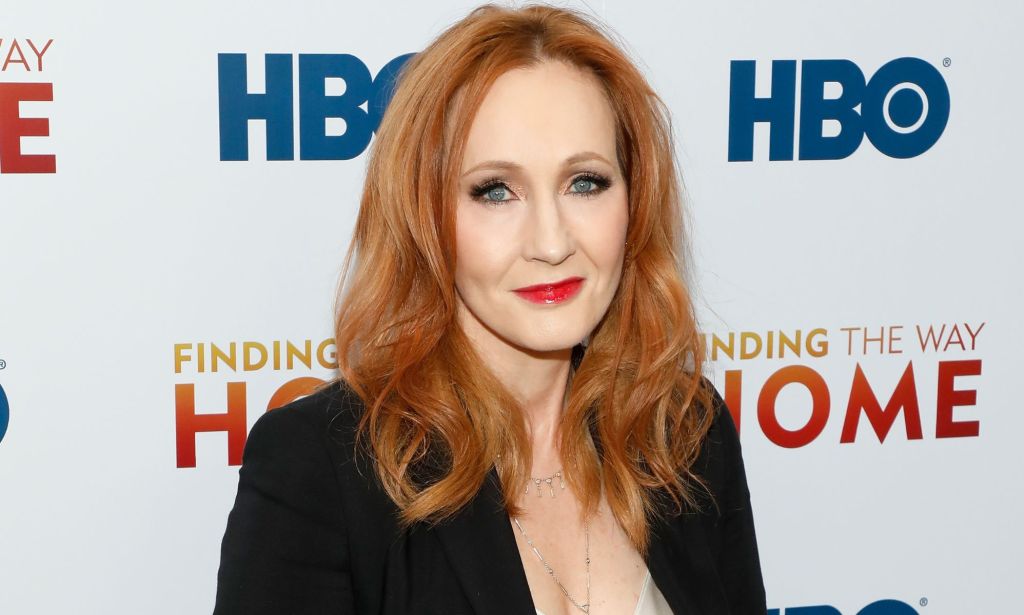
JK Rowling is easily the most prominent celebrity whose views have caused her trouble.
For years, Rowling was widely loved by queer people. Many grew up reading the Harry Potter books, where they found solace, safety and warmth, and Rowling was widely praised for getting so many kids reading again.
Away from her books, Rowling positioned herself as a progressive figure. She supported the Labour Party under Gordon Brown, although she was a very vocal critic of Jeremy Corbyn’s leadership.
Notably, Rowling was also critical of Donald Trump. In short, she was something of a figurehead for the centre-left.
That all started to change when she started speaking out on trans issues. Her concern about alleged erasure of gendered language quickly turned into something more worrying, with the author penning lengthy blog posts laying out her opposition to gender recognition reforms and trans youth having the right to transition.
Rowling is still successful in her own right, but these days her opinions on trans rights are discussed as much – if not more – than her books. Yes, some have applauded her for her views, but in LGBTQ+ circles, her name has largely become a punchline.
Dave Chappelle
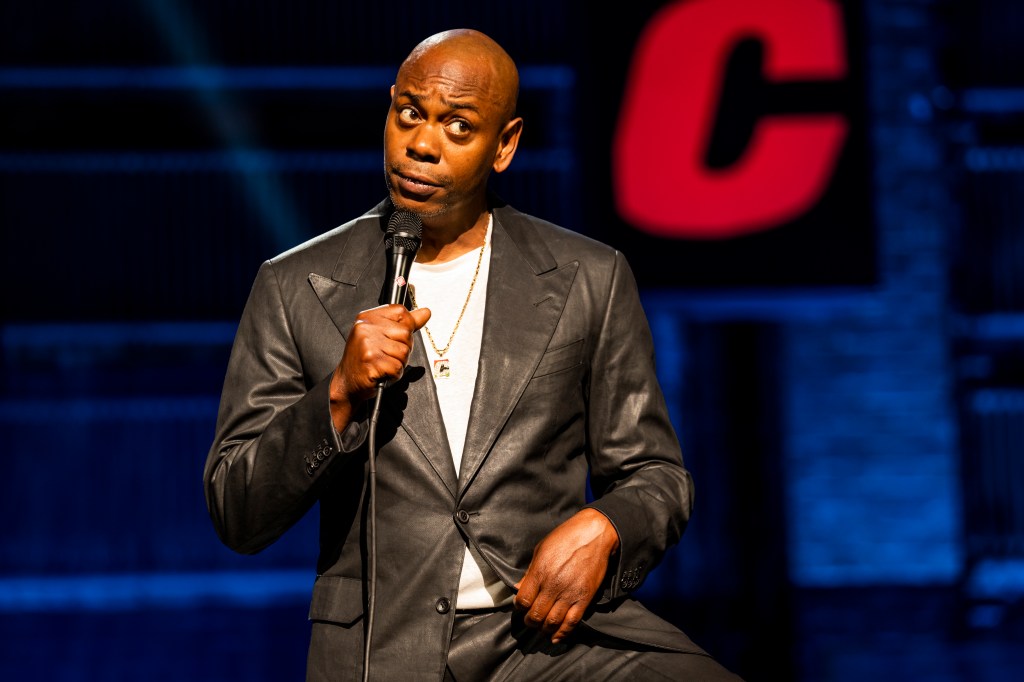
It wasn’t too long ago that Dave Chappelle was widely regarded as one of America’s most incisive comedians.
Rolling Stone magazine even ranked him as the ninth-funniest stand-up comedian of all time. In 2006, Esquire described him as the “comic genius of America”.
But his reputation was already starting to crumble by the time his series of Netflix specials hit the streaming platform. He had faced criticism for jokes made about Caitlyn Jenner and other transgender people in 2016, but instead of listening to trans voices, he doubled down.
In 2018, Chappelle repeated his joke about Jenner in his Netflix special Equanimity. Things only got worse the following year with the release of Dave Chappelle: Sticks & Stones, where he joked about child abuse allegations against Michael Jackson, and about LGBTQ+ people.
Matters reached a head two year ago with the sixth Netflix special, The Closer. In his stand-up routine, the comedian declared that he was “team TERF” [trans-exclusionary radical feminist] and allied himself with JK Rowling.
DaBaby
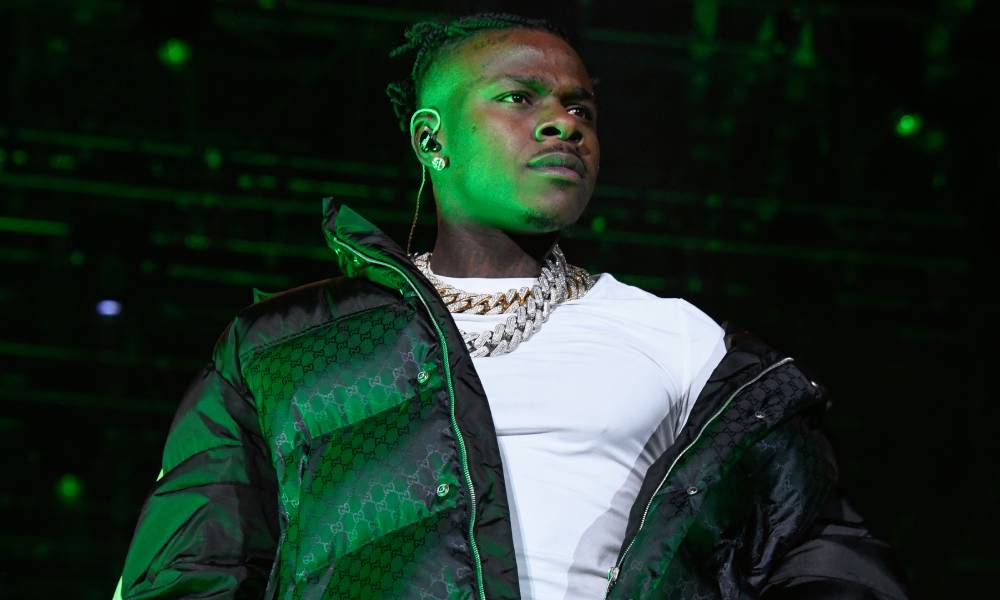
By the time July 2021 rolled around, DaBaby was at the top of his game. The rapper was riding high on a wave of a number of popular songs, including collaborations with the likes of Dua Lipa and Megan Thee Stallion.
But it all came tumbling down during a performance at the Rolling Loud Festival that summer. Speaking on stage, DaBaby made derogatory comments about “sucking d**k” in the parking lot and referred to people dying from Aids.
“If you didn’t show up today with HIV, Aids, any of them deadly sexually transmitted diseases that’ll make you die in two, three weeks, then put your cell phone light up,” he said.
“Ladies, if your p***y smells like water… light them up. Fellas, if you ain’t sucking d**k in the parking lot put your cell phone light up. Keep it real.”
The reaction was swift. Stars such as Dua Lipa quickly distanced themselves from the rapper, and “Bestie” singer DaBaby found himself positioned on the periphery of the music industry.
He was also condemned by HIV and LGBTQ+ advocacy groups, with many criticising him for sharing misinformation about queer lives and about the nature of HIV today (effective treatment means that people living with the virus can survive as long as anybody else).
Apparently DaBaby isn’t too bothered by the furore. He has said that the whole thing was a “blessing in disguise”.
Eminem
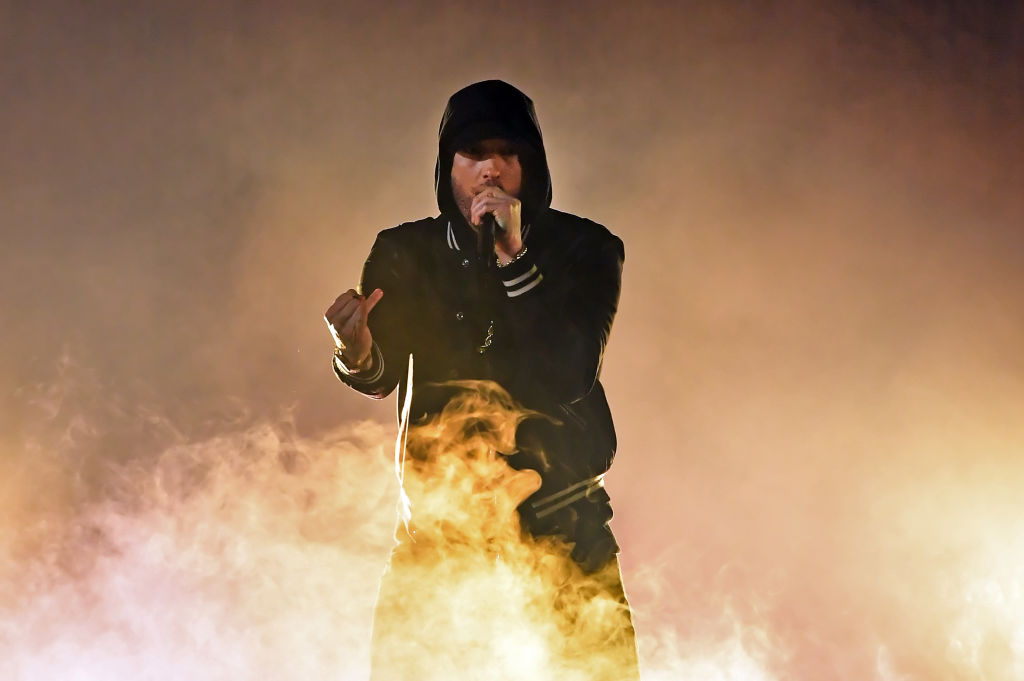
Another rapper who has repeatedly courted controversy is Eminem, and in 2000, the lyrics on his song “Criminal” landed him in hot water.
“My words are like a dagger with a jagged edge/That’ll tab you in the head whether you’re a f*g or les… Hate f*gs?/The answer’s yes.”
Eminem eventually tried to quell the criticism by duetting with Elton John, but in 2018, he proved that nothing had changed when on a new song, he referred to Tyler, the Creator as a “f****t”.
To this day, he’s far from a popular figure among LGBTQ+ people – and for good reason.
Ricky Gervais
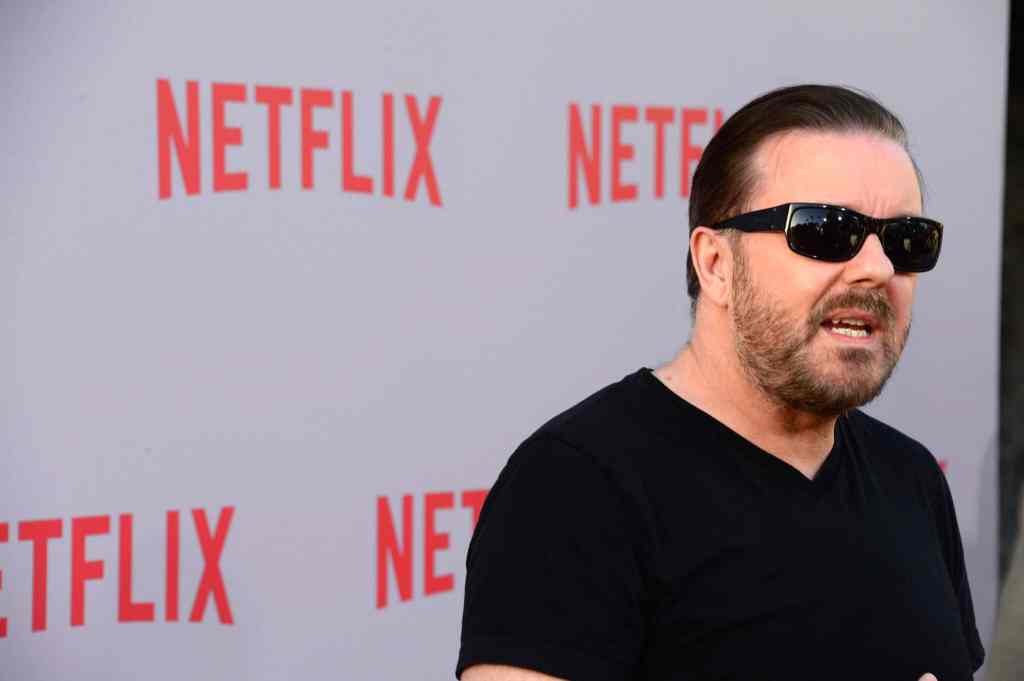
Another comedian who found himself on the receiving end of a backlash over his anti-LGBTQ+ comments is Ricky Gervais.
He was condemned by GLAAD in 2022 when his Netflix special SuperNature dropped.
“We watched the Ricky Gervais ‘comedy’ special on Netflix so you don’t have to,” the American not-for-profit organisation said at the time. “It’s full of graphic, dangerous anti-trans rants masquerading as jokes. He also spouts anti-gay rhetoric and spreads inaccurate information about HIV.”
Gervais made a joke about what he called “old-fashioned women”, saying they’re “the ones with wombs”, during the special.
“They’re great, aren’t they? The new ones we’ve been seeing lately. The ones with beards and c**ks.”
Gervais was widely criticised, and has never been forgiven by many LGBTQ+ people.
